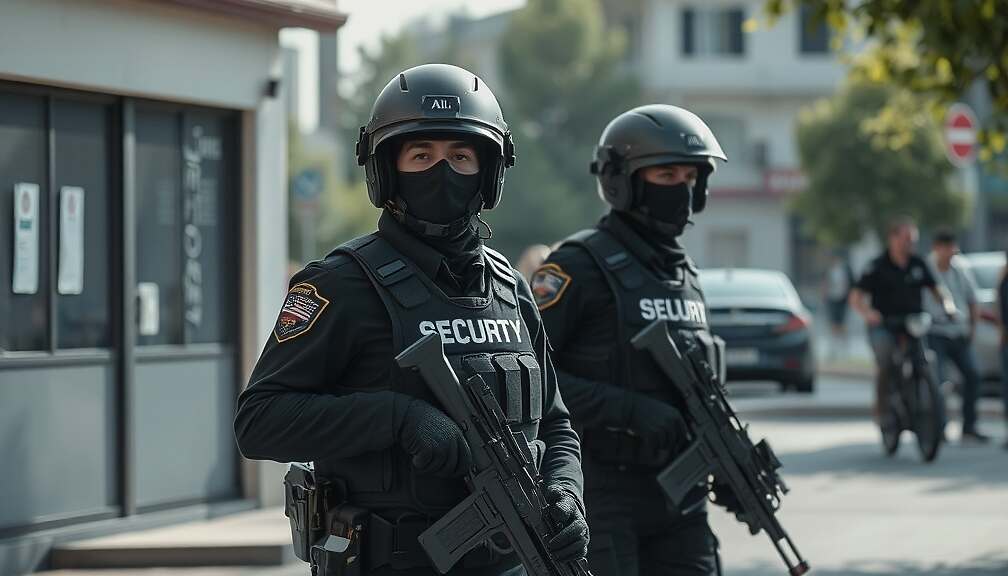The Bavarian state government’s recent revisions to its police task law, designed to bolster drone defense capabilities, are drawing praise and prompting calls for a nationwide rollout across Germany. Jochen Kopelke, chairman of the Police Union, lauded the move, urging other states and the federal government to swiftly adopt similar legislative changes, technological investments and localized improvements in law enforcement readiness.
Kopelke’s endorsement, reported by the Redaktionsnetzwerk Deutschland, highlights a growing concern regarding the increasing use of drones, particularly for potentially malicious purposes. While the specifics of Bavaria’s amendments remain largely undefined publicly, the union leader’s statement suggests a focus on modernization and equipping local police forces with the means to effectively counter drone threats.
The call for swift action underscores a potential disconnect between individual states and the federal government’s response to evolving security challenges. Bavaria’s initiative risks exposing a perceived inertia within the federal system, raising questions about the necessary speed and coordination when addressing rapidly changing technological landscapes. Critics might argue that decentralized action, while potentially innovative, could also create inconsistencies in policing standards and resource allocation across the country.
Furthermore, the financial implications of widespread drone defense measures remain a significant hurdle. Equipping police forces with advanced detection and interception technology, alongside the necessary training, will necessitate substantial investment. The union’s advocacy signals a recognition of both the urgency of the situation and the potential strain on already stretched police budgets. The broader political implications are clear: a growing pressure on policymakers to prioritize technological readiness in law enforcement, even amidst competing economic and social priorities.












